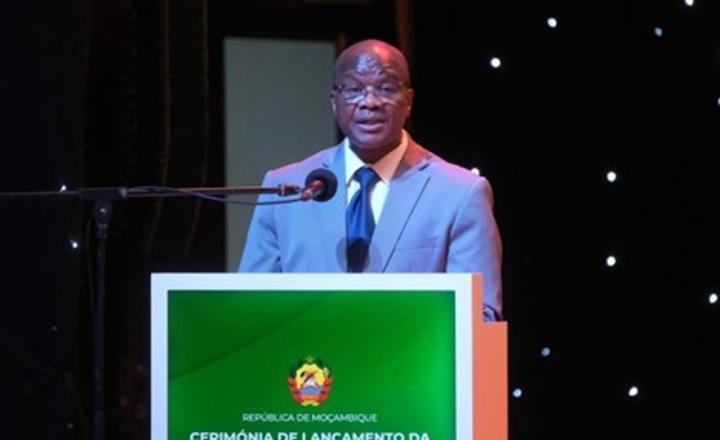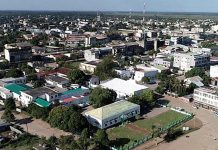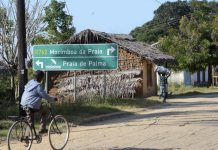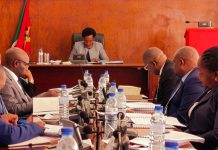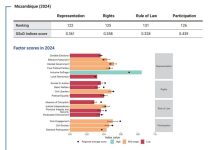Africa-Press – Mozambique. The parties that signed the political dialogue in Mozambique yesterday called for the new agreement to mandate the publication of election results within 72 hours, to prevent the country from plunging into protests again.
“With dialogue, we hope that [the country] will not again be the scene of post-election violence, that no Mozambican will have to lose their life due to an electoral process, that the politicization of state institutions will be freed, that elections can truly be free, fair, and transparent, and that the people, the sole holders of sovereignty, will have election results within 24, 48, or 72 hours at the most after voting,” said the president of the Optimistic People for the Development of Mozambique (Podemos) party, Albino Forquilha, representing the parties that signed the agreement for national dialogue.
Forquilha was speaking in Maputo at the start of the public consultation in the national dialogue, where he urged political parties to adopt “a calm, constructive, and never destructive political approach.”
Forquilha further called for the dialogue to lead to the restoration of investor confidence and economic development, taking into account the country’s strategic location and resources.
“May Mozambicans fully enjoy their civil rights, and, in particular, their political, socioeconomic, and socio-anthropological rights, among other expectations that dialogue is obliged to resolve,” he said.
Forquilha called for Mozambicans to participate in the national dialogue, which aims, among other objectives, to understand the “persistent problems and challenges in the country”, and which he considered an “opportunity for the shared construction of a reformist vision for the state”.
“Through dialogue, we aim to reform the political system, [including] the powers of the President of the Republic, the depoliticization of state institutions, and the decentralization and de-concentration of political, economic and financial affairs,” he said.
The Podemos leader also called for the dialogue to conclude with a reform of the justice system, including the mechanisms for appointing justice officials and their respective financial and administrative independence.
Albino Forquilha also called for reform of the electoral system, defining a new model, the composition of electoral administration bodies, electoral legislation and electoral justice bodies.
“We must also work to ensure that the country has institutional mechanisms that guarantee the necessary monitoring, oversight, transparency, and public accountability throughout the implementation of the governance instruments that come into force,” Forquilha concluded.
Mozambique began yesterday a national and diaspora public consultation on the political dialogue for the country’s pacification, which includes, among other matters, a new electoral model and a review of the Constitution of the Republic.
The Mozambican president led the launch of this first phase of public consultation in Maputo, in a ceremony attended by, among voters, politician Venâncio Mondlane, the former presidential candidate who does not recognize the results of the October 2024 general elections.
In April, Daniel Chapo signed into law the law on the Political Commitment for an Inclusive National Dialogue, approved days earlier in parliament. This law was based on the agreement between the Mozambican president and political parties, signed on March 5, to overcome the violence and social unrest that followed the October general elections, which resulted in approximately 400 deaths, looting, and the destruction of businesses and public institutions.
The agreement to restore calm to Mozambique led to the creation of the Technical Commission for National Dialogue (COTE), which will address, over a period of two years, the definition of republican and nonpartisan security forces, a new electoral model, the revision of the Constitution, reconciliation, national unity and government decentralization.
For More News And Analysis About Mozambique Follow Africa-Press

